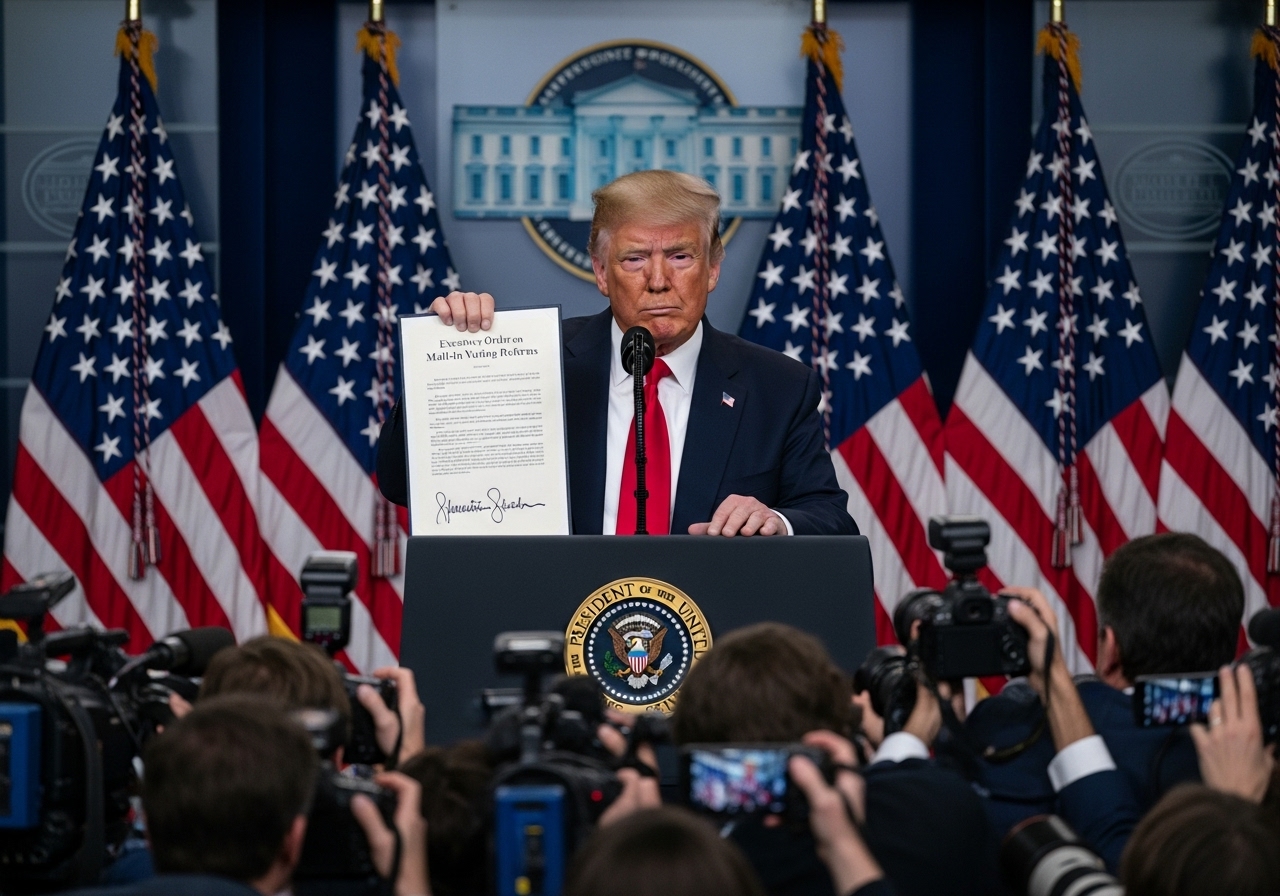President Donald Trump’s administration is continuing to emphasize a major theme: peace through strength and diplomacy. According to White House spokesman Steven Cheung, President Trump has now “ended seven wars,” with the expectation that more conflicts will come to a close under his leadership. While Cheung did not name the specific wars that have ended, his statement fits into a larger pattern of Trump’s foreign policy approach—pulling back from long-standing military conflicts and focusing instead on negotiation, economic pressure, and diplomatic deals.
This message is not new for Trump. During his first term in office, and now again in his second, he has consistently pushed for a foreign policy that avoids endless wars and puts American interests first. For many Americans, especially those who have grown tired of long overseas military campaigns, this approach has appeal. It reflects a broader desire in the country to reduce U.S. involvement in conflicts that seem to have no clear end or benefit.
The idea of ending seven wars is a strong claim, and while the statement did not include a list of these wars, there are several international conflicts where the Trump administration has taken active steps to reduce U.S. military involvement. For example, during Trump’s first term, the U.S. significantly drew down its troop presence in Afghanistan. That process began under Trump and was based on an agreement he negotiated directly with the Taliban, aimed at ending America’s longest war.
Trump also took steps to reduce U.S. military commitments in Iraq and Syria, arguing that local governments and regional allies should take on more responsibility for their own security. In other regions, such as the Korean Peninsula, Trump pursued direct talks with North Korean leader Kim Jong-un—breaking decades of diplomatic protocol in hopes of reducing the threat of nuclear war. While those talks did not lead to a final agreement, they lowered tensions for a time and represented a new direction in U.S. foreign policy.
Trump’s focus on peace is also tied to his belief in strong national borders and a powerful military—but one that is used carefully. He has said many times that peace is achieved not by being weak, but by being strong enough that no one wants to challenge you. His administration has continued to invest in defense while at the same time pulling back from active war zones.
This approach has major implications for American politics and the future of U.S. elections. Many voters, especially those in rural communities and military families, have shown support for Trump’s efforts to avoid new conflicts. They see it as a promise kept from his original campaign in 2016, when he pledged to stop the cycle of endless wars that had continued under both Republican and Democratic presidents.
At the same time, this strategy raises questions about America’s role in the world. Critics argue that stepping back too far could leave power vacuums that are filled by rivals such as China, Russia, or Iran. Supporters respond that U.S. involvement in these wars has often made things worse, not better, and that Trump’s focus on diplomacy and American self-reliance is a smarter path.
There are also important constitutional and liberty-based arguments at play. The U.S. Constitution gives Congress—not the president—the power to declare war. Yet for decades, presidents from both parties have engaged in military actions without formal declarations of war. Trump’s decision to reduce military involvement without starting new wars may be seen by some as a return to constitutional limits on presidential power, even as others debate whether more congressional oversight is still needed.
For states’ rights advocates, reduced military activity abroad could also mean more resources are available at home. Federal funds not spent on foreign wars can be redirected to domestic issues, giving states more breathing room to manage their own affairs without federal overreach tied to defense spending demands.
In short, Trump’s claim to have ended seven wars—while not yet fully detailed—fits into a larger political and constitutional philosophy. It represents a shift in how the U.S. sees its role in the world and a reminder that peace, when pursued through strength and negotiation, can be a winning message in American politics.





